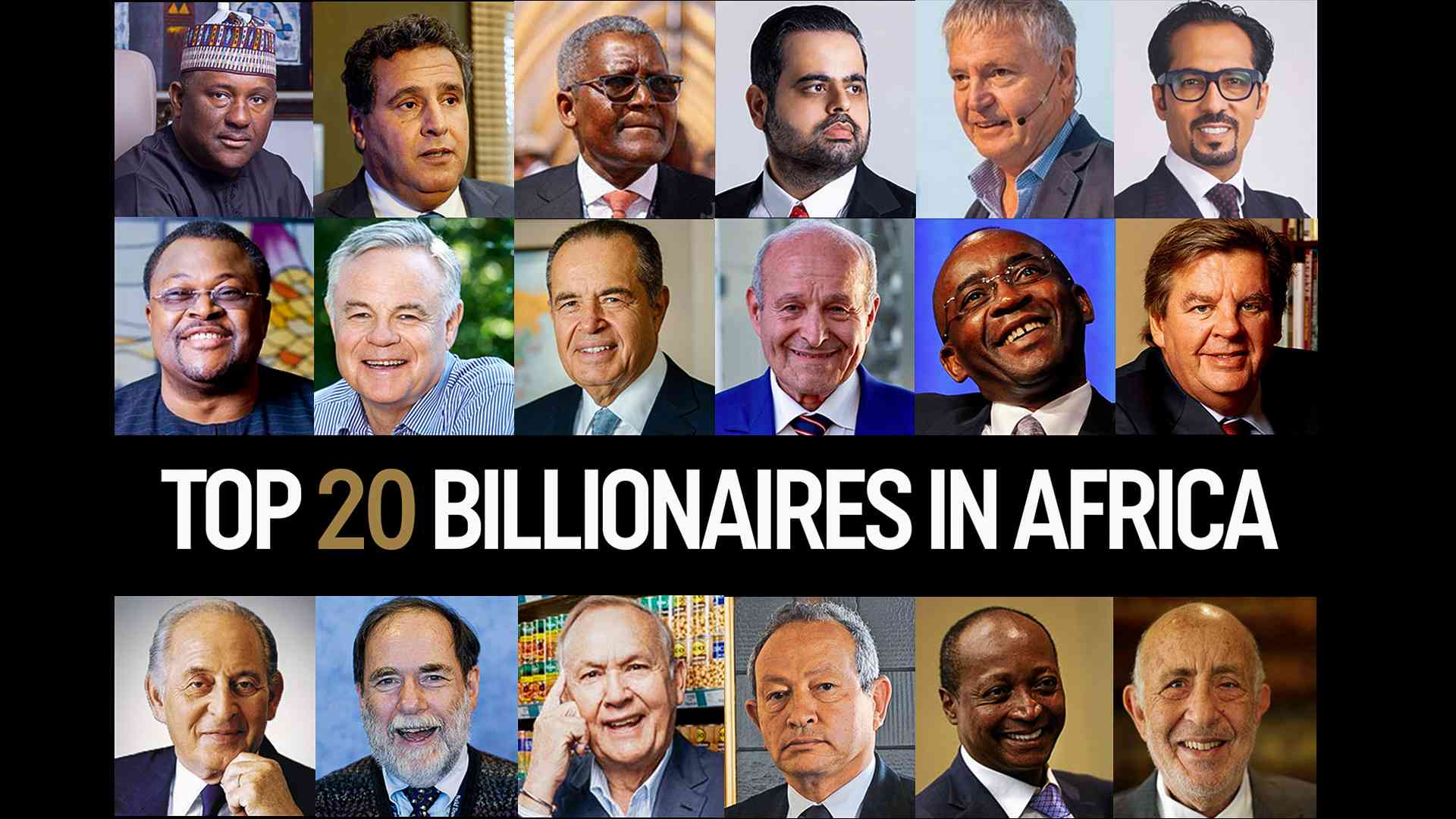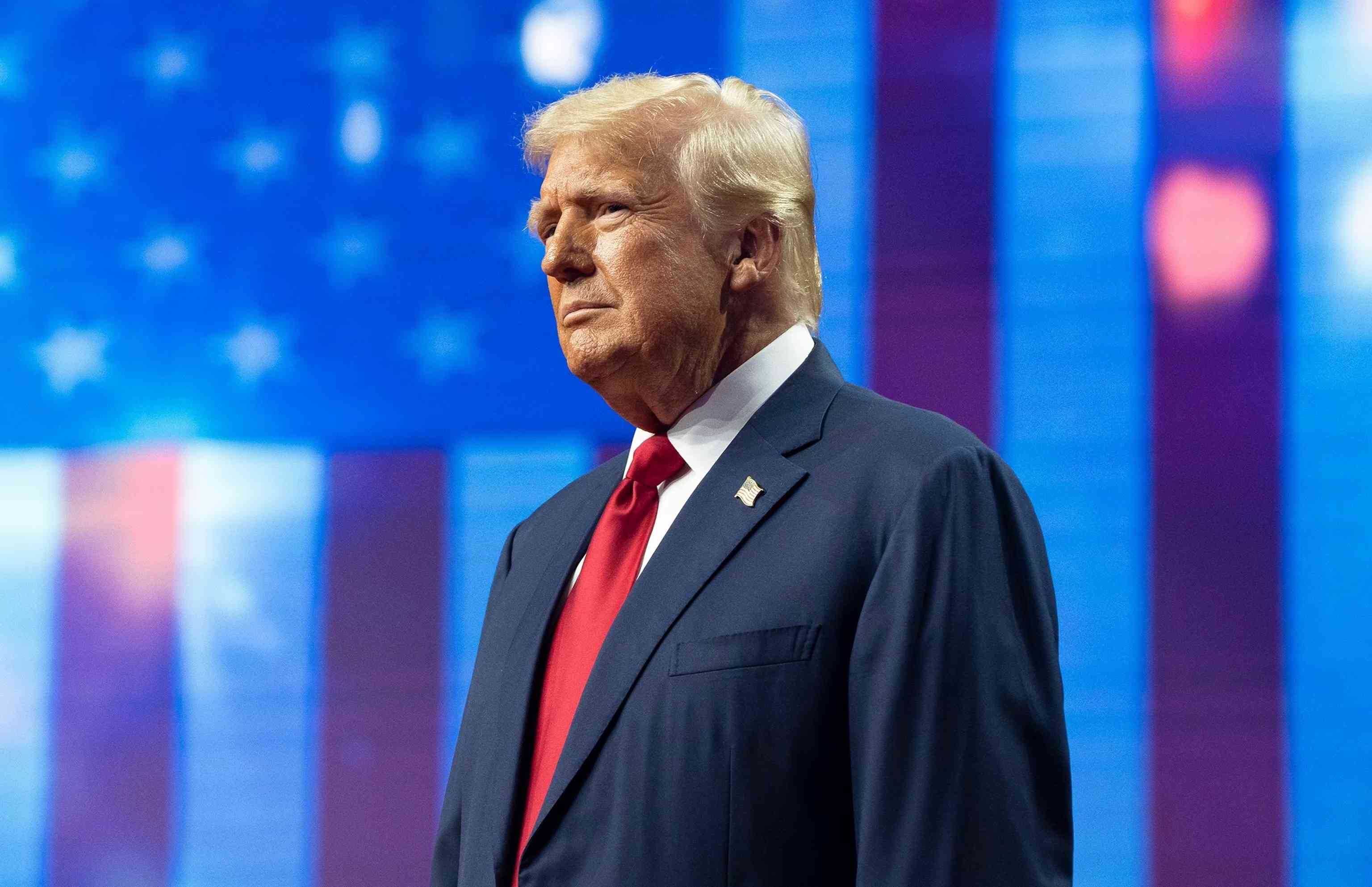
IT is no secret that post-election emotions are carried over to workplaces and social discussions.
The election process can be a stressful one for everyone, and if you find that you are dealing with unwanted anxiety, stress or depression, even after the election has passed, it might be time to take action.
Debate about politics can cause significant stress. Regardless of your political beliefs, post-election stress can be difficult to manage.
Taking a step back from political news, connecting with your values and volunteering your passion may be productive ways to move forward.
Did you actually know that the probability that there is increased stress levels about the nation’s political climate after elections is very high and this is mainly caused by over-thinking of what will happen.
All elections have an impact on the workers, employers and various stakeholders either positively or negatively as they determine policies that impact them.
People do not typically talk about politics in the same sentence as grief and woe, but the two are more closely connected than we might realise. I am not a political scientist, but a human resources (HR) consultant who works with organisations and employees to produce maximum performance and productivity in organisations.
Believe me, over the past days, discussions were and are still taking place in organisations and people who suffer from depression are less politically engaged.
- Letters: Women representation faces hurdles
- Letters: Makandiwa, preaching heresy
- CSO petitions Sadc over diaspora vote
- Nkosana Moyo steps down as Apa leader
Keep Reading
Here are some tips on how to navigate post-election stress and depression.
Emphasise workplace culture and values
I think the first and best thing every HR department should do to help defuse all types of tension is to stress the importance of workplace culture and values which emphasise shared goals and humanity.
Building company values into the centre of all your practices — from hiring to employee outreach efforts can help sustain co-operation across a workplace. When united across common principles, co-workers can be better focused on the task at hand.
This equates to better results when working across generational and situational differences in any workplace. HR teams can help emphasise shared culture and values by discussing the power of shared values and building a consensus across leadership around company values, among other strategies.
Take your mind off the minors
First, let us talk about getting through election period as many of us are still stuck and can end up using their productive time at workplaces to think about things they do not have control over.
The: Now what? question is actually on everyone’s mind because it is something no one can predict. Just a small piece of advice: Do not sit around all day watching the news and reading emotional social media posts if it does not benefit you.
Rather shut your social media for the day for you to focus on work and activate it when you are off from work.
I say this because the amount of time which employees waste, especially during this time, is great and some will be busy following all the events taking place and they end up not focusing on their work.
Manage emotions at work
Your workplace is just a place for work. You can, and should, set standards which require employees to act in a professional, respectful and non-discriminatory manner.
But remember that wherever there are people, there are emotions. For HR and managers on the frontlines, these past 10 days have had less to do with politics and more to do with people.
Emotions at work, some would say, are unprofessional, out of place or simply wrong, but the reality, though, is that emotions are what make us human, and managing people requires knowing how to respond to their emotions.
Emotional responses are typically a person’s first response. It is better for managers to allow for an initial emotional reaction — both from their employees and from themselves.
Acknowledging those feelings openly gives our emotions a chance to resolve themselves, allowing us to move on with work this post-election period.
Post-election selfcare is key
We all know how to handle our joy and excitement if our candidate wins, but what if he loses? If you are feeling unsettled after the election, tell your friends or loved ones what is on your mind in a safe setting. Do not attack them if they see things a little differently.
If they are able to offer you an ear, see if they are interested in understanding why you feel the way you do. This is very key in avoiding depression, especially when what you were expecting did not come out as such.
What should be known is that because your candidate won or lost it does not mean your dedication to improving the company you work for should decrease.
You have to find strategies for selfcare so that this does not encroach into your work stations though mostly is unavoidable.
Resist being the office pundit
Even individuals who do not partake in politics may be affected by the stressful political climate as friends, family and co-workers discuss their thoughts at work, home and school.
Chances are, both your TV and social media channels have been taken over by the election craze.
Social media and news outlets have turned us all into amateur pundits. It is common to want to share personal predictions and analyses regarding the election.
However, this can often heighten the political climate in the workplace.
Discussions may be hard to avoid entirely, but it is important for leaders at all levels to minimise their frequency. Turn off your computer and back off.
Spend some time focusing on activities in your life that ordinarily make you feel more at peace.
The elections may have strained our emotions, but not our bonds with one another.
Every election year brings up all kinds of stressors and problems. In workplaces, this requires maintaining a delicate balance.
HR departments intending to stabilise political tensions will be well served by emphasising workplace values, maintaining an open-door policy, and providing necessary health resources.
As a result, employees will better be able to take their co-workers’ viewpoints with respect even if they disagree.
Emmanuel Zvada is an award-winning global HR practitioner and managing consultancy for Third Eye Africa Consulting Group. He writes here in his personal capacity. For comments, inbox or call +263771467441.










